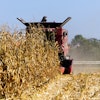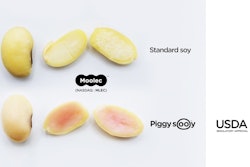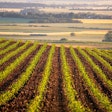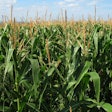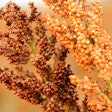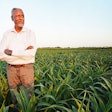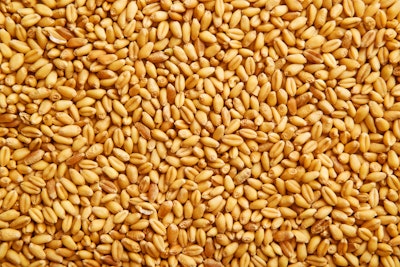
Kansas State University said it will shut down its two Feed the Future Innovation Labs on April 12, a result of the Trump administration’s halt on various grant-funded projects.
Nine positions will be eliminated as a result, while other students, scholars, post-doctoral fellows and some faculty will transition to other projects, K-State said.
Since K-State opened its first Feed the Future Innovation Lab in 2013, the labs and their researchers have helped feed the world by improving global food systems and resiliency.
In 2022, K-State researchers analyzed the economic impact of U.S. international agricultural research and development. Every US$1 invested in international research from 1978 to 2018 provided US$8.52 in economic benefit back to the U.S.
“This work and these people are assets to the university, state and the agricultural industry,” said Ernie Minton, Eldon Gideon dean of the College of Agriculture.
Agricultural research supports U.S. crop production and sustainability and improves food security by understanding social, political and environmental factors related to food production. In turn, Kansans benefit from lower food costs, increased yields, higher farm incomes and better nutrition.
The affected research programs have benefited Kansas and beyond by:
- Developing wheat and sorghum crop varieties for changing growing conditions, such as drought, and new consumer bases.
- Protecting local and global food systems — plant and animal — from pests and diseases.
- Advancing food safety with improved post-harvest food storage practices.
“While these specific programs are ceasing or pausing, K-State remains committed to advancing and enhancing global food systems and biosecurity and helping Kansas farmers overcome current and future challenges,” Minton said.

